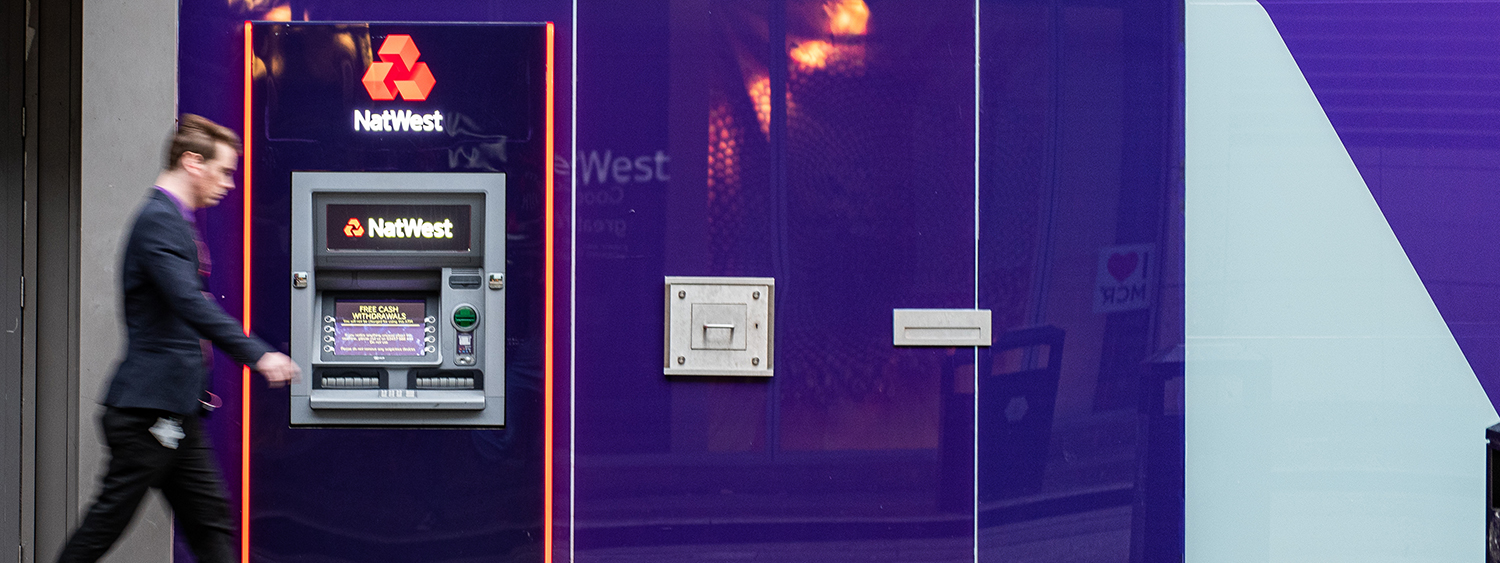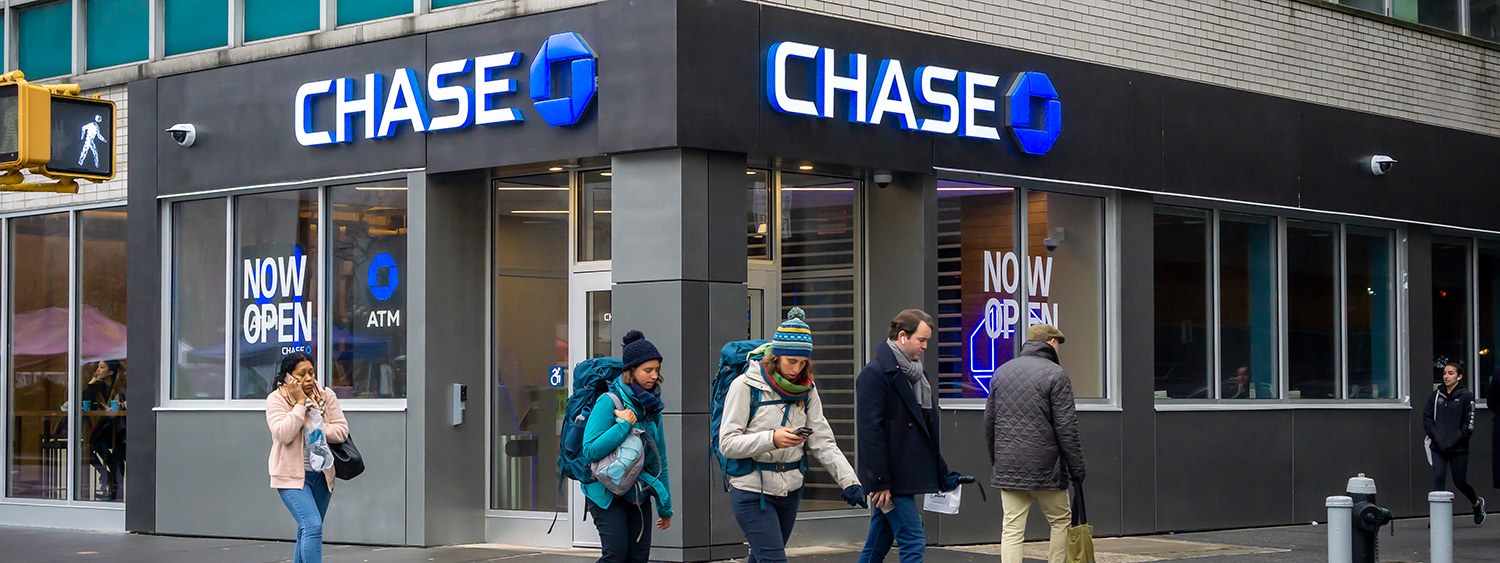Commonwealth Bank’s Start Smart programme, which has taught more than two million Australian students since its launch in 2007, is undertaking a two-month trial to determine whether virtual reality technology combined with a storybook in a student’s home can reinforce financial education lessons learned at school.
Approximately 1,500 students, from 24 different primary schools in New South Wales, Victoria, Queensland, South Australia and Western Australia will participate in the Start Smart Virtual Reality pilot, with schools based in metropolitan, regional and rural locations all represented. The pilot is expected to run until the end of November.
At each of the participating schools, Year 1 or Year 2 students will undertake a Start Smart lesson in their classrooms. After the lesson, students will be given an educational storybook and virtual reality headset to take home, where they can re-visit key money concepts from their lesson with their parents or carers. The children’s parents or carers will then be asked to provide feedback on the experience which will inform the development of future financial education initiatives.
Kylie Macfarlane, Commonwealth Bank’s general manager of corporate responsibility, said financial education programmes play a vital part in ensuring the future wellbeing of young Australians.
“We know that around 10% of Australian 15-year-olds have not reached even a baseline level of financial literacy, which places them in a clear position of disadvantage in a world where you need to be able to make sensible decisions about money in order to be financially secure,” Macfarlane said.
Macfarlane said the Start Smart virtual reality pilot has been introduced as part of a drive to explore how financial education levels in Australian children can be lifted further.
“Start Smart is all about helping young people become financially capable. The programme is now educating more than half a million Australian students every year. In fact, more than 50% of schools in Australia have hosted a Start Smart programme.
“We also know Australia’s National Financial Literacy Strategy details the importance of parents’ involvement in children’s learning about money from an early age, with research indicating that most children form money habits by the time they are seven years old. (National Financial Literacy Strategy 2014-2017)
“Yet despite this, findings released by the Australian Security & Investments Commission earlier this year shows only about one in six parents with children at home discuss finances with their kids. This storybook and virtual reality headset have been designed to address that shortfall and be a catalyst for parents and children to discuss basic financial concepts in a fun and engaging way.” (ASIC, Australian Financial Attitudes and Behaviour Tracker, August 2015)
The investment in Start Smart is an important part of Commonwealth Bank’s new corporate responsibility plan, Opportunity Initiatives, which is designed to drive positive change.
“Education and innovation are key to this plan, and we intend to invest in both to prepare our children for the future,” Macfarlane said.
The Start Smart virtual reality pilot has been named ‘The Teleporter Adventures’ and comprises a package containing a children’s storybook called Sammy the Space Koala, written by Australian children’s author, Ursula Dubosarsky, and a virtual reality headset, called the Teleporter. The pack includes instructions for parents or carers to download the free Teleporter app to their smartphones, before inserting their smartphones into the Teleporter to start the virtual reality portion of the adventure.
The storybook and Teleporter headset have been designed to work together and feature content adapted from Start Smart’s Year 1 and 2 school programmes to provide an interactive, educational experience that reinforces the difference between a ‘need’ and a ‘want’. The concept was devised and created in Australia, with education professionals, gaming designers and a paediatrician all consulted for their respective input.







